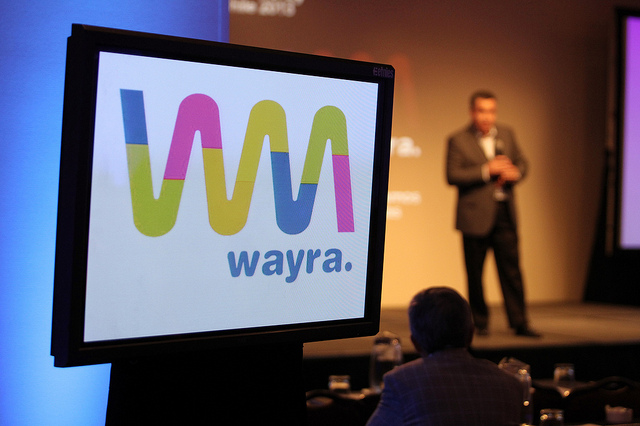Companies that have built their fortunes on dial-up voice and the subsequent revolution in mobile telephony are under pressure – and many of us are aware of this. For operators, the recognised equation is this: dwindling voice margins + rise in public internet services = bloodbath. Unless they change…
A recent report by Chetan Sharma highlights the seriousness of this transition. His research – Operator’s Dilemma (And Opportunity): The 4th Wave – points out that the three-decade run that has seen voice revenues dominate the fortunes of operators is coming to an end. But, even more worrying for traditional operators, the data and messaging revenues that have in recent years compensated for the falling voice returns are now themselves fading.
As Sharma notes, this means that unless they make big changes, the big incumbents will be hurt by a new breed of service providers that are “not constrained by the same rules, can change gears at will, and are ruthless in their execution”. He adds that “all this renders the traditional telecom organisational structure and the way of life – obsolete”.
Ofcourse, the title of Sharma’s report plays on the Clayton M. Christensen business classic text The Innovator’s Dilemma: When New Technologies Cause Great Firms To Fail.
The situation outlined by Christensen (and, by implication, Sharma) are stark: either quickly adapt to the new realities of what users want (or, even better, the future realities) or the disrupters will win.
However, all too often the reaction of incumbents to change is to pretend the challenge to historic sources of revenue are not there, to take recourse to the law and regulators, or to attempt to ‘prove’ that the disruption can be somehow fended off.
All of which brings us to the reason for the launch earlier this year of TU me, an ‘over-the-top’ (OTT) service that doesn’t require users to access proprietary networks. We can pretend that many users aren’t moving to OTT but by doing so we hurt ourselves in the long run so it’s better, as a recent article in The Economist notes, to “cannibalise” one of our own businesses.
It’s also the broader reason for the existence of Telefónica Digital, a nimble unit that to repeat Sharma’s line “can change gears at will” by adopting the aggression and velocity of a startup and embracing the emerging new world of communications rather than rejecting it. In a recent article in TechCrunch about our Amérigo accelerator fund for startups in Latin America, Mike Butcher nicely articulates this.
Our conviction? The dilemma facing operators today requires sharp action – and we’re taking it.









